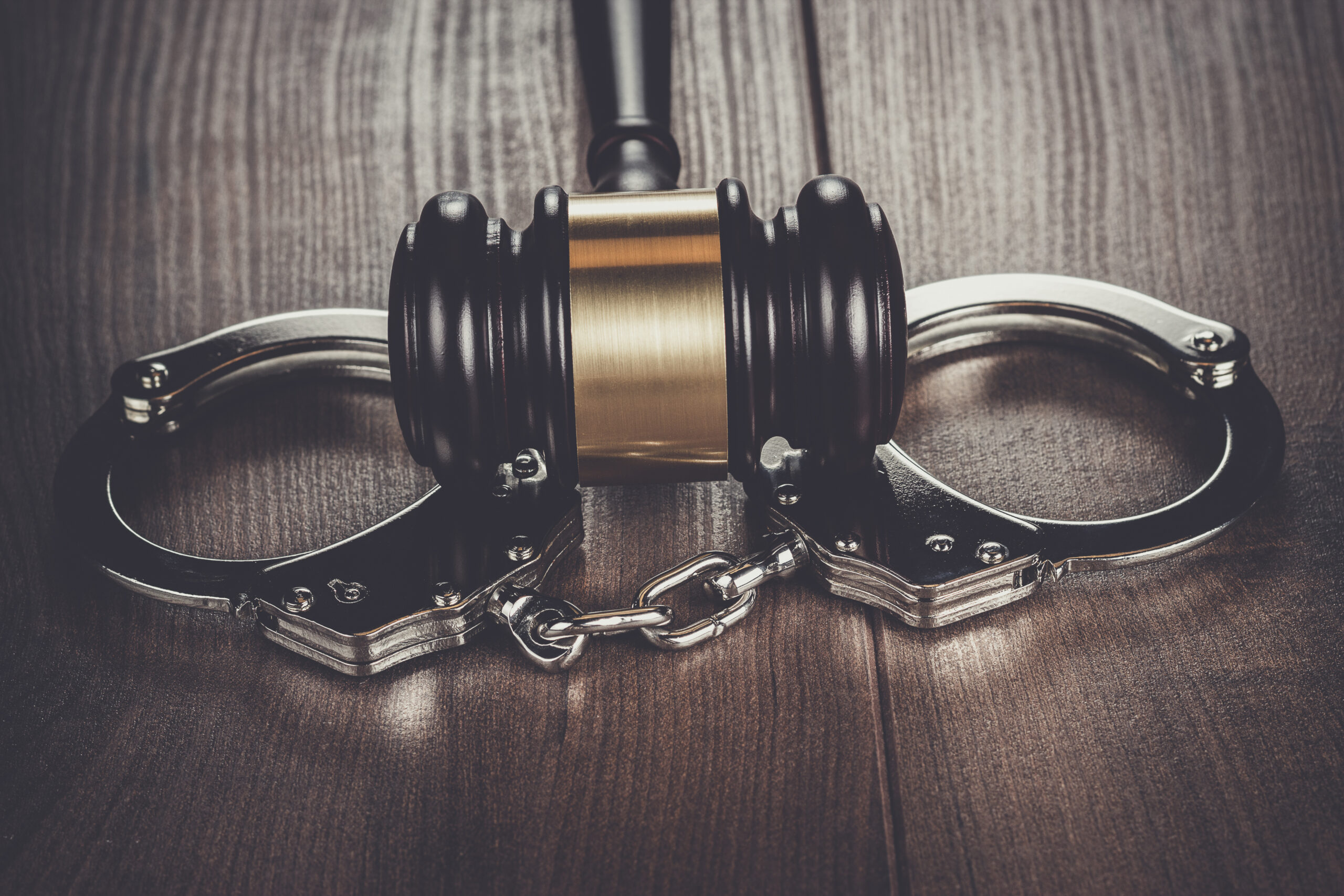Being arrested by the police is an extremely frightening and stressful experience. You may even start to panic, but this could result in mistakes that could cost you in the future. It is important to keep calm so that you can remember some important things to do, as well as things you should not do. Below, our Monroe criminal defense lawyer explains the most important steps to take, and to avoid if you are placed under arrest.
What to Do when Being Arrested
There are very important steps you should take when being placed under arrest. Failing to do this can result in making mistakes that hurt you later in the case, or you may even face additional charges. The most important things to do when being arrested are as follows:
- Cooperate with law enforcement: Follow the instructions police give you, such as exiting your car or putting your hands behind your back. Do not be rude or antagonistic, as this will make things more difficult.
- Confirm the arrest: Ask the police officer if you are being arrested and if they say yes, ask what you are being arrested for. Do not say anything more than that.
- Invoke your rights: The Miranda warning provides you with the right to remain silent and your right to an attorney. It is important to invoke these rights. Do not speak to the police, except to say you would like to speak to your attorney.
- Make note of the details: As soon as you can, you should make note of important details of the arrest. In particular, write down the names and badge numbers of the officer who arrested you, as well as any officer who questions you.
What Not to Do when Being Arrested
Just as taking the right steps can help your case, taking the wrong action can hurt it. The most important things not to do when being arrested include:
- Resist: You may think the arrest is unfair or even illegal, but do not resist. If you resist the arrest, you will likely be charged with additional charges even if you are found innocent of the charge that led to the arrest in the first place.
- Sign documents: You should never sign anything until your attorney has had a chance to review the documents. You could be signing away your rights or worse, even a confession.
- Participate in a line-up: Line-up results are not very accurate, and could only further hurt your case. Wait until your attorney arrives at the police station and ask their advice about participating in a line-up.
- Warrantless Searches: An officer will likely ask to search your person, your vehicle, your purse or similar bag, and even get you to voluntarily submit to a chemical test (e.g. breathalyzer or urine test). Giving them permission to search you, and your things, and submit to a test is not a form of cooperation. It is a waiver of your constitutional right to be free from unreasonable searches of your person and property. Deny consent to search. If the police are really interested in conducting a search (or getting a chemical test) a judge can apply for a warrant from a judge.
- Make a statement: answering a police officer’s questions, other than what is needed to adequately identify yourself, is not “cooperating”. It is a waiver of your right to remain silent. Even answering questions that would seem harmless (e.g. “Where are you going and where are you coming from?”) are designed to illicit potentially incriminating information from you. Give the officer information to identify yourself and, otherwise, invoke your right to remain silent.
Our Criminal Defense Lawyer in Monroe Can Help After an Arrest
The future of your entire criminal case may rest on the things you do, or do not do, during an arrest. At Whiddon Criminal Defense, our Monroe criminal defense lawyer can advise you of your rights, make sure they are upheld, and give you the best chance of a positive outcome. Call us now at 318-594-3592 or contact us online to schedule a free consultation.


 Call Us Now
Call Us Now Email Us Now
Email Us Now
